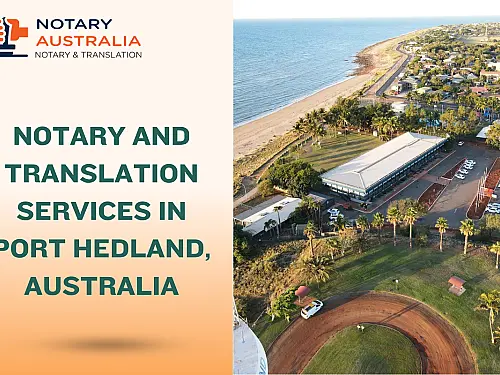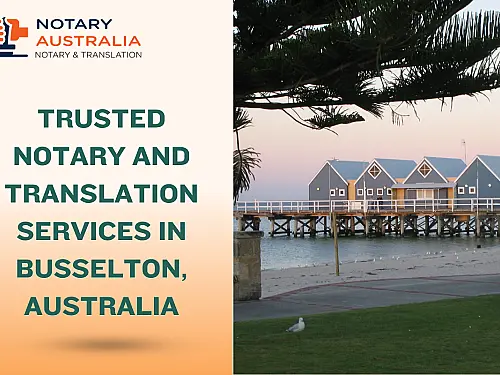



Trusted Real Estate Document Notary Services in Australia

Table of Contents
When it comes to real estate transactions, precision, legality, and trust are non-negotiable. In Australia, notarization of real estate documents ensures the authenticity of signatures, identities, and intentions—protecting buyers, sellers, agents, and institutions alike. Whether you're dealing with sales deeds, lease agreements, or power of attorney for property transactions, a notary public is your certified legal witness.
Why Notarization Matters in Real Estate
Notarizing real estate documents is crucial for multiple reasons:
- Legitimacy: A notary verifies identity and intent, making fraud nearly impossible.
- Global Recognition: Notarized documents are widely accepted internationally, important for offshore property dealings.
- Legal Compliance: Notarization ensures compliance with Australian state and federal property laws.
Documents Commonly Notarized in Real Estate
1. Lease Agreements
These contracts often need notarization for commercial and international leasing.
2. Sales Contracts
Essential when transferring property ownership across states or countries.
3. Power of Attorney (POA)
Granting legal authority to act on someone’s behalf in real estate requires notarization.
4. Deed of Trust and Mortgage Forms
Ensures accountability and clarity in financial responsibilities.
5. Title Transfer Papers
Notarization is often mandatory for title changes, especially in NSW and Victoria.
Who Can Notarize Real Estate Documents in Australia?
Only a Registered Notary Public can notarize real estate documents in Australia. They are appointed by the Supreme Court in their respective state and hold legal authority to:
- Witness signatures
- Certify copies of original documents
- Prepare notarized declarations for international use (under Hague Apostille)
Step-by-Step Process to Notarize Your Property Documents
1. Book an Appointment
Search for “real estate notary near me” or “mobile notary services Australia” and schedule online or in person.
2. Bring Valid Identification
Most notaries require a valid passport or driver’s license for verification.
3. Present the Original Document
Make sure it's unsigned when brought to the notary, as signing must be witnessed.
4. Signing & Notarization
The notary will verify, witness, and stamp the document.
5. Obtain Apostille (If Needed)
If you're sending real estate documents overseas, the notarized paper may need an apostille from DFAT.
Mobile & Online Notary Services for Real Estate
Many Australians now prefer digital or mobile services:
- Mobile Notary: The notary comes to your location—ideal for elderly clients or corporate offices.
- Online Notary (eNotary): Some states allow remote notarization via secure video conferencing.
Notarization by State: A Quick Breakdown
| State | Online Notary | Common Real Estate Use |
|---|---|---|
| NSW | Partially Allowed | Property Transfers, POA |
| Victoria | Yes (with consent) | Lease & Mortgage Docs |
| Queensland | Traditional only | Title Certifications |
| Western Australia | Yes | Offshore Sales Contracts |
Costs of Real Estate Document Notarization
- Standard Notarization: $60–$150
- Mobile Service: $120–$250 depending on location
- Apostille Processing: $90–$125 per document
Always request a quote upfront for transparency.
Tips to Avoid Delays
- Double-check spelling of names and property details
- Carry both originals and copies
- Inform notary in advance if witnesses are required
- Ask if an apostille is necessary for international use
Why Choose a Trusted Real Estate Notary?
Choosing a professional, registered, and experienced notary ensures:
- Legal compliance
- Fast document turnaround
- Recognition overseas
- Peace of mind during major transactions
Conclusion
Notarizing real estate documents in Australia isn’t just a formality—it’s a critical step to ensure legality, protect your investment, and secure global recognition. Whether you're finalizing a property sale, drafting a lease, or empowering someone with POA, using a trusted real estate document notary will streamline the process and remove legal uncertainties.

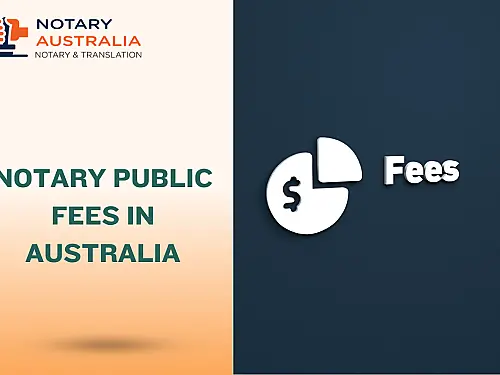

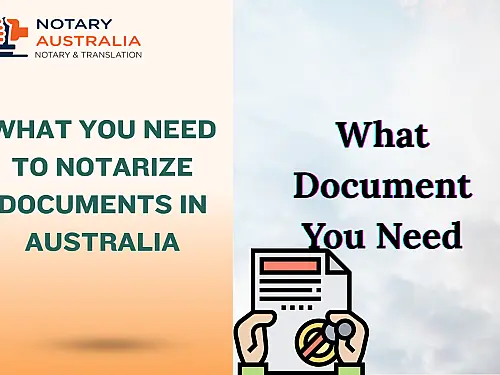
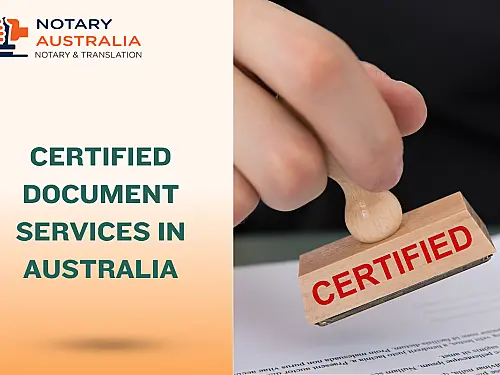
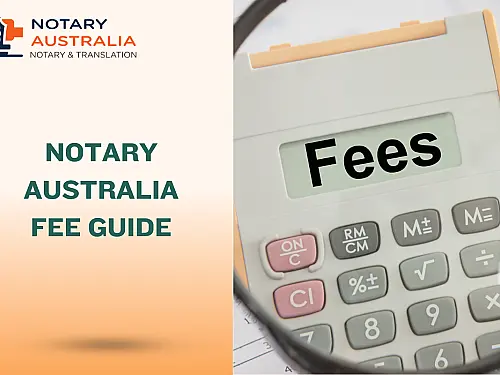
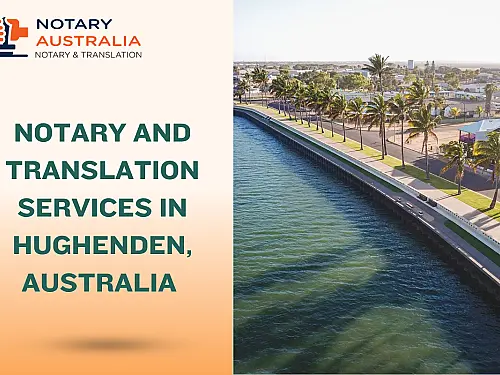
-thumb.webp)

